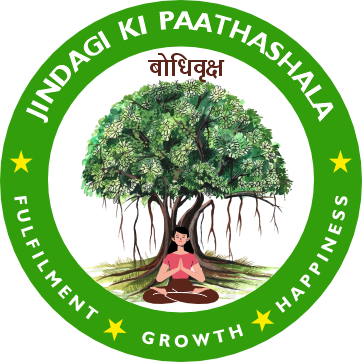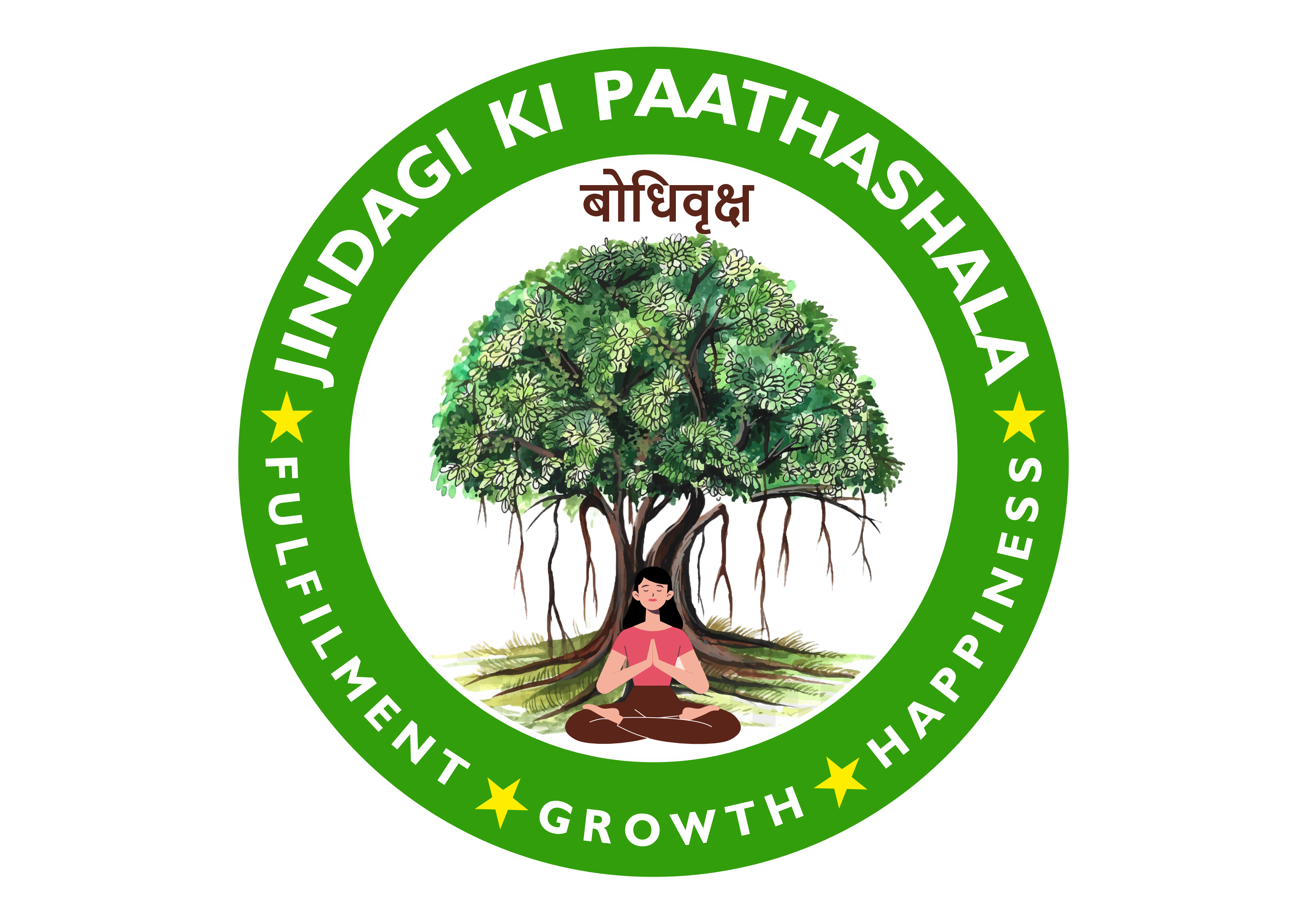Myths about Learning
Do you find it hard to learn new subjects, topics or things ? Some are fluent in Languages but struggle with Maths; To some, Science is breeze but History is nightmare. Have you given up on learning some thing new believing that you are not quite up to it ? Do you believe that it takes a high IQ to learn new things ? Not really. One can learn just about any thing . Provided you know How to Learn. Learning is an Art & Science. Let us Learn – How to Learn
What is Learning
Learning is a process to acquire new Knowledge, Skills & Attitude.
The Process of Learning can be split up into 2 Components :
1. Acquisition of New Knowledge , skills : By Reading, Listening, Observing , Doing
2. Storage , Retention & Timely recall of the newly acquired knowledge & skills
The Brain performs this task by interacting with Environment through our senses :
Vision, Audition, Smell , Touch & Feel.
So, for Effective Learning, we need to crack the code of Reading and Memorising
The Art of Reading
Reading should be done in following steps :
1. Be clear about what you will be reading & why ?
2. Set well defined goals e.g. How many passages or chapters you would be reading in a seating
3.Be Active & Intentional about reading, understanding & acquiring new knowledge
4. Find a quiet place where you can read without distractions.
5.Begin by primary reading of the complete passage / chapter even if you are not able to comprehend it fully . The purpose of first cursory reading is to get an overall idea of the topic.Try to grasp the broad meaning & context of the topic.
6.Next start second reading with intent to understand the finer points. Involve as many senses as possible – Eyes, Ears, Smell, Hands
7.Highlight Key points, Circle key words, Draw vertical lines, place asterisks, make notes in margins
Neuroscience of Learning
Our Brain is composed of billions of Nerve Cells called “Neurons”. These Neurons are connected with each other ( called Synapses) where information is transmitted from one Neuron to another using chemical & electrical signals.
Parts of Brain which play a key role in Learning and memory are :
- The Entorhinal Cortex : New information enters our Brain through this
- Hippocampus : Memory formation takes place here
- Neocortex : Long term memory is stored here
Stages of conversion of Information into memory :
New Information is converted into memory in 4 stages :
1. Encoding : Information acquired through all five senses enters Brain through Entorhinal Cortex. Hippocampus gathers information from all senses – Words, Pictures, Sound, Smell, Context, Emotion – and writes it all in a language of neural connection
2.Consolidation : Hippocampus, then, filters that part of information we have intentionally and actively sensed & paid attention to. These pieces of information are then associated together and new neural connections are created forming a memory.
3.Storage : Newly formed Neural connections create their space in Brain and this is how memory is stored. Memory storage takes place in multiple parts of Brain, mainly Hippocampus ( Place of Short term memory) & Neo cortex.( place of Long term memory)
4. Retrieval : Activation of Neural connections results into Recall of memory stored therein.
Key Take Aways from above
1. Our Focus and level of Attention plays a key role in memory formation. Hippocampus creates memory of only that we pay attention to. Every thing else is left out
2. Newly acquired information is more likely to be retained if it is associated with a previously stored knowledge. Association helps in consolidation of memory
3. Brain creates new links every time we acquire a new information. Learning is defined by stability of Neural connections.
4. Regular activation of neural connections is key to storage & retrieval of memory. Stronger the connections, deeper the memory. Train the brain links for a sharp memory.
A step by step guide to better Learning
- Find a Quiet place to study without distraction
- Be intentional about Learning. Adopt Active Learning.
- Set clear , specific Goal for the session (e.g. To Complete a Chapter or given number of passages in the session )
- Promise yourself a Reward for achieving your goal and reward yourself at the end of session.
- Take a few Deep Breaths, practice mindfulness for a few minutes before beginning. During the session, when ever your mind begins to wander, start taking few deep breaths & focus on your toes. Your mind will come back to study table.
- Start with positive affirmation to complete the chapter / passages. Imagine that you have completely understood it . Visualise that you are correctly answering all questions related to the topic in class or exam and your teacher / friends are impressed.
- Start reading the chapter with full attention & focus.
- First reading is to understand the context & broad idea of the subject
- Second & subsequent readings are to grasp the finer points
- Try to associate the new information with what you already know in relation to the topic
- Use markers, highlight key points, circle key words etc while reading
- Use Pictures , Mind Mapping , Mnemonics , chunking for better understanding & Memory
Some Useful Study Tips
- Pomodoro Method : Study for 25 Minutes at a stretch . Then take a break of 5 Minutes
- Interleaving : Change subject or Topic after one or two Pomodoro breaks
- Test / Quiz yourself at the end of each session. This exercise strengthens Neural connections which is key to long term memory
- Spaced Repetition : Read or actively recall topic after a gap of few days . It will further strengthen Neural connections
- Flash cards : Prepare Flash cards for key points. carry them in your bag and glance at them every now & then
- Routine : Maintain a fixed schedule & place for study. Our Brain loves Routine. Fixed routine becomes habit in due course.
Healthy Mind resides in a Healthy Body
Adopt healthy habits for a sharp Mind
- Sleep : Sleep is to Brain what charging is to Mobile phone. An average of 8 hours of sleep per day is desirable for optimal functioning of Brain. Sleep provides rest to brain and plays a role in conversion of Short term memory into long term memory
- Exercise : Exercise improves cardio vascular function & blood supply to Brain. 150 Minutes of mild exercise per week is considered to boost Attention span, Focus & memory power of Brain
- Diet : Brain consumes about 20% of total calories consumption of Body. Obviously, it requires matching nutrition. Food rich in Omega 3 fatty acids & antioxidants boost brain function. Include foods such as Leafy greens, Berries , Nuts, Ginseng Tea in your diet.

